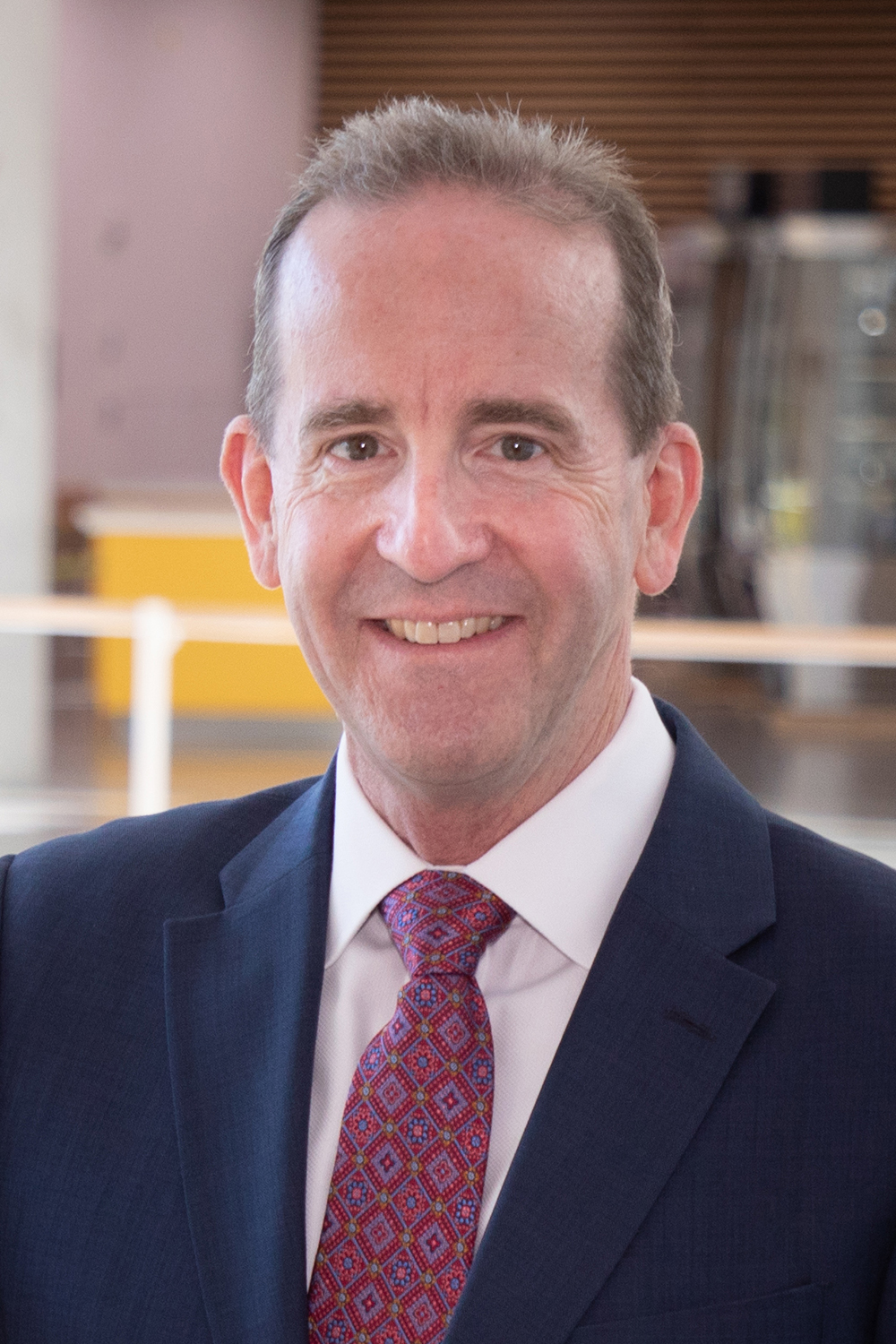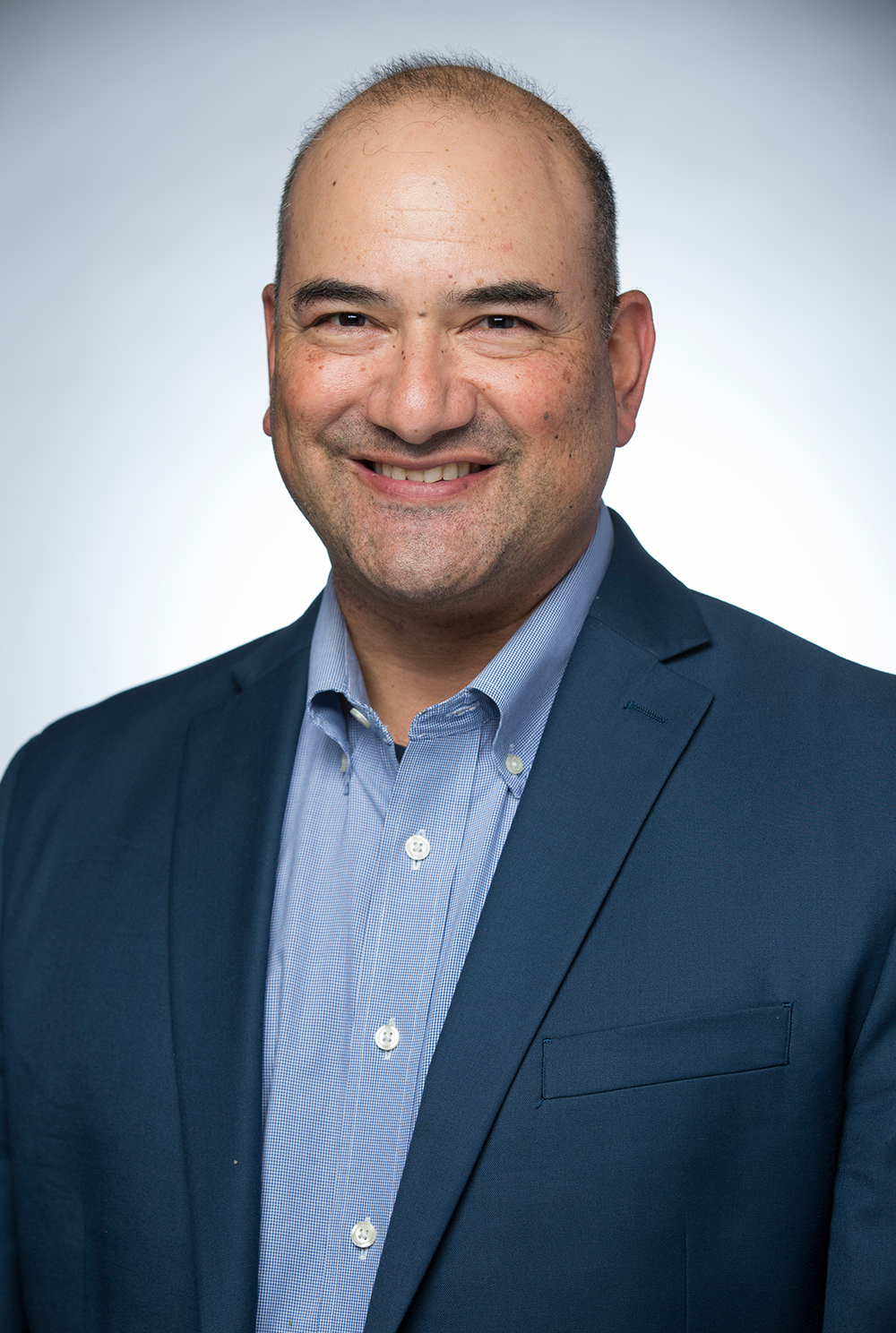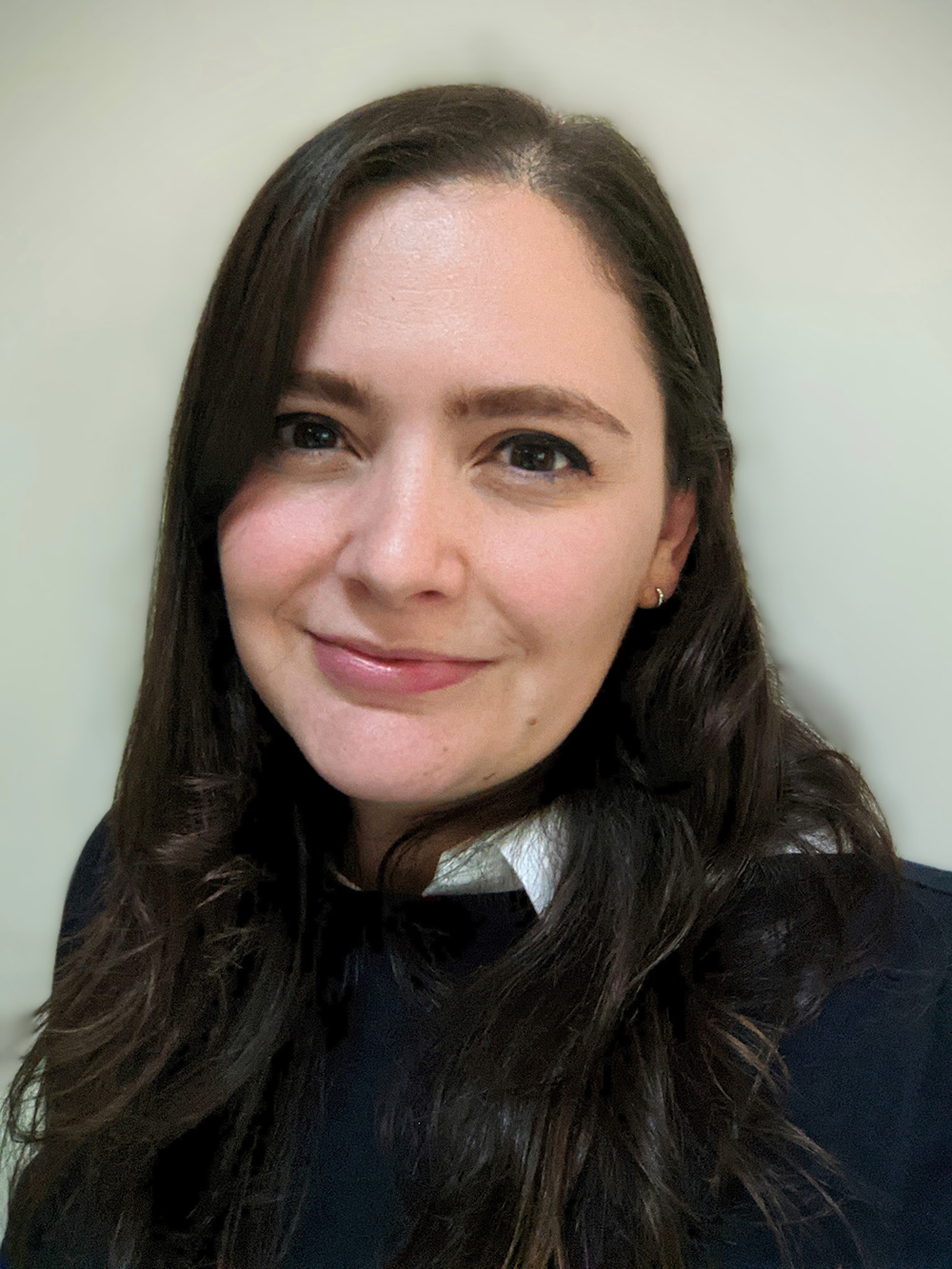The new provost of Brown University, Frank Doyle, has also been appointed to a position as Professor of Engineering. Additionally, Rich Morales has been named a Professor of the Practice, while Louise Manfredi will be an Associate Professor of the Practice and the Director of the Brown Design Workshop. These newest faculty appointments in the School of Engineering begin July 1.

Doyle comes to Brown after serving as dean of Harvard’s John A. Paulson School of Engineering and Applied Sciences. He will serve as Brown’s chief academic officer. In addition to serving as dean and professor of engineering and applied sciences from July 2015 to June 2023 at Harvard, Doyle is a faculty affiliate for the Harvard Medical School Division of Sleep Medicine, and is on the board of directors of the Belfer Center for Science and International Affairs in the Harvard Kennedy School.
Before Harvard, Doyle held several academic leadership positions while at the University of California, Santa Barbara, from 2002 to 2015. He served as director of the Institute for Collaborative Biotechnologies from 2003 to June 2015, and as the associate dean for research at the College of Engineering from 2008 to 2015, among other roles. He held previous positions as a research fellow at the University of Stuttgart; a professor at the University of Delaware; and an associate professor at Purdue University. His industrial experience includes roles as a visiting research scientist and industrial consultant at major corporate laboratories, research and development companies, and other organizations.
Among a long list of distinctions, Doyle is a member of both the National Academy of Engineering and the National Academy of Medicine. He earned his bachelor’s degree from Princeton University, a certificate of post-graduate studies from Cambridge University and a Ph.D. in chemical engineering from the California Institute of Technology.

Morales is a retired Army Brigadier General who served in operational and strategic positions in the U.S., Europe, and the Middle East. He was a tank platoon leader in combat, commanded a U.N. peacekeeping company, and led a task force of over a thousand soldiers arrayed across one third of Baghdad and was recognized for valor. BG(R) Morales is a Purple Heart recipient. An Army Strategist, he served as a White House Fellow at OMB, aide to the head of NASA, helped design the Department of Homeland Security, supported the Defense Attaché Office in London, and later led a national initiative, Joining Forces, in the Executive Office of the President created to support veterans and their families. As a Brigade Commander, he was responsible for Army officer development at 97 universities across eight states. Most recently he served as Professor USMA and Head of the Department of Systems Engineering at West Point.
Morales is a Yale School of Management Donaldson Fellow, distinguished alumni who embody the business school’s mission to ‘educate leaders for business and society from all sectors and across the globe, to solve tough problems and pursue positive change in the world.’ Leveraging his scholarship and consulting experience, he has served as an unpaid director across public and private sectors alongside advisors from business, academia, and nonprofits such as character and STEM education in K-12 schools, Morgan Stanley’s Institute for Inclusion, and leadership development at the U.S. Coast Guard Academy.
He earned a B.S. in aerospace engineering at West Point, M.B.A. from Yale, M.A. at the Naval College of Command and Staff, M.S. at the National Defense University, and Ph.D. in Engineering from Cambridge University at the IfM’s Centre for Strategy and Performance, where he explored collaborative strategies to co-create value. He studied systems dynamics and organizational learning at MIT and is a Harvard Kennedy School Senior Executive Fellow. Morales has authored several articles, book chapters, and technical reports, and managed a multi-million-dollar research effort as a department chair. He speaks on systems design, strategy formulation, decision-making, and performance improvement. At Brown, he will serve as Professor of the Practice with the Innovation Management and Entrepreneurship master’s degree program.

Manfredi will succeed Chris Bull as the Director of the Brown Design Workshop in Prince Laboratory. She holds a Ph.D. in mechanical engineering and a B.Des. in product design from the University of Leeds, U.K. Prior to joining Brown, Manfredi was an assistant professor of industrial and interaction design and adjunct associate professor of engineering management at Syracuse University. Manfredi was named Educator of the Year by the Industrial Design Society of America in 2020 for her commitment to interdisciplinary design education, and is currently serving as the IDSA northeast education council chair. In 2022 Manfredi became a fellow of the Royal Society for the Arts, Manufactures, and Commerce.
Before joining Syracuse, she was an assistant professor at Millersville University of Pennsylvania in applied engineering. Prior to becoming a professor, Manfredi was a postdoctoral scholar in the Bensmaia Somatosensory Lab at the University of Chicago, where she researched the influence of finger skin biomechanics on somatosensory processing. At the University of Chicago, she was also an entrepreneurship fellow in a joint program between Booth School of Business and Illinois Institute of Technology’s Design School. Manfredi has also served as a grant manager at the prestigious Royal Academy of Engineering in the United Kingdom.
At Brown, Manfredi will continue her work in sustainable design implementation. She is currently examining the adoption of circular design methodologies and healthier material choices in the product development process in both educational and industrial settings. She is also leading a program of collaborative research that explores what it means to be a sustainable practitioner and to what extent this professional identity can be adopted across discipline boundaries for green economy-focused education and careers.